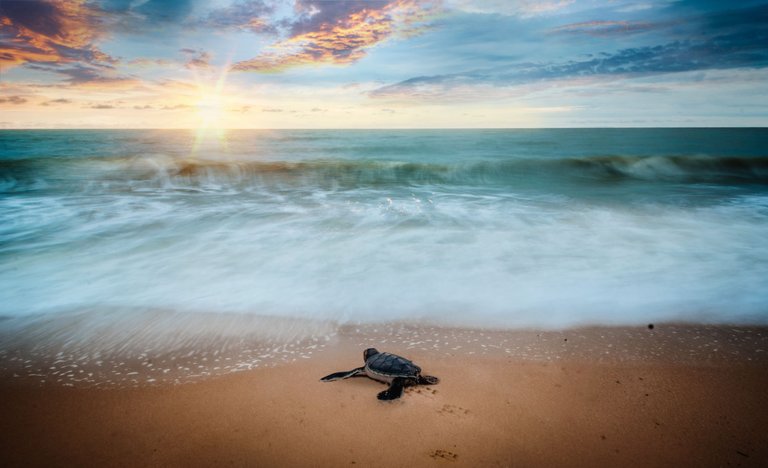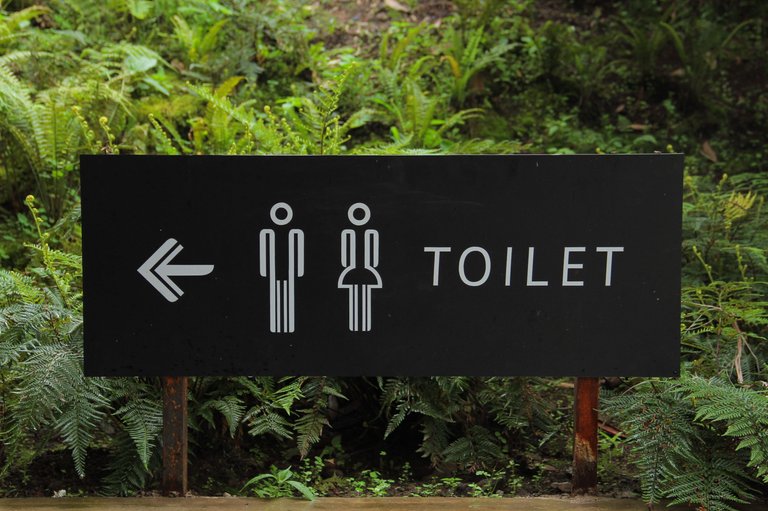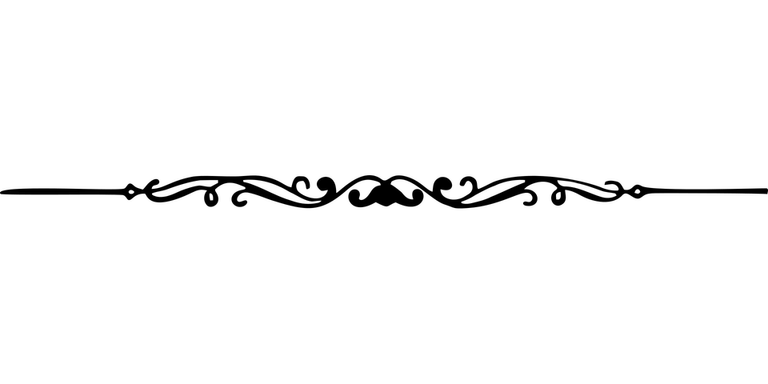¿Los seres humanos tenemos instintos? / Do human beings have instincts? (EN/ES)
Hoy en día se oye mucho hablar del instinto de supervivencia en el ser humano, ¿pero los seres humanos tenemos instintos? ¿Acaso compartimos ese rasgo con los animales? Esta vez quiero hablar de ese tema partiendo del Enfoque Histórico Cultural.
Nowadays we hear a lot about the survival instinct in human beings, but do human beings have instincts? Do we share this trait with animals? This time I want to talk about this topic from the Cultural Historical Approach.

Enlace a la imagen / Link to the image
Aceptar la existencia de los instintos en la conducta humana, implica aceptar que las fuerzas motrices del comportamiento animal y humano son las mismas y que la sociedad es un medio para satisfacer dichos instintos. ¿Pero qué es una conducta instintiva? Pues la conducta instintiva determina una relación específica entre el animal y un objeto portador de un estímulo, presente en el medio, a raíz de una necesidad orgánica.
Accepting the existence of instincts in human behavior implies accepting that the driving forces of animal and human behavior are the same and that society is a means to satisfy those instincts. But what is instinctive behavior? Well, instinctive behavior determines a specific relationship between the animal and a stimulus-bearing object, present in the environment, as a result of an organic need.

Enlace a la imagen / Link to the image
Dicha conducta es heredada, suele ser estereotipada y determina un modo único de actuar para la especie frente a la naturaleza, mientras que en el ser humano es característico que exista una mediatización por las condiciones sociales. Debido a esta "condena" del animal que lo ata a su biología, no se le exige al animal que responda por su conducta, ni por la supresión de la misma, precisamente porque no está en sus posibilidades.
This behavior is inherited, it is usually stereotyped and determines a unique way of acting for the species in the face of nature, while in the human being it is characteristic that there is a mediatization by social conditions. Due to this "condemnation" of the animal that ties it to its biology, the animal is not required to answer for its behavior, nor for the suppression of it, precisely because it is not in its possibilities.
Con el ser humano ocurre lo contrario, pues se le juzga usando un basamento moral, ¿y qué es la moral sino otra construcción social? Por tanto, cuando se juzga a un animal y se le valora altruista o egoísta, se trata de un antropomorfismo ingenuo. De forma contraria, valorar la conducta humana como instintiva sería tener una visión biologicista de los fenómenos sociales, cuando el desarrollo del ser humano se produjo al suprimir las características animales que dificultaban las relaciones sociales.
The opposite happens with human beings, because they are judged on a moral basis, and what is morality if not another social construction? Therefore, when an animal is judged as altruistic or selfish, it is a naive anthropomorphism. On the contrary, to value human behavior as instinctive would be to have a biologistic vision of social phenomena, when the development of human beings occurred by suppressing the animal characteristics that hindered social relations.
Por tanto, en la antropogénesis las necesidades ya no determinaban ni un tipo de acción específica, ni los medios de satisfacción, ni el objeto que la satisfacía. Así, en sociedad ante un estímulo las personas pueden y reaccionarán de manera diferente, mediadas por el contexto, las características personológicas condicionadas sociohistóricamente, y sus posibilidades anatomofisiológicas. De ahí un error conceptual de base en el problema de los instintos humanos: la no diferenciación entre lo biológico y lo orgánico.
Therefore, in anthropogenesis, needs no longer determined neither a specific type of action, nor the means of satisfaction, nor the object that satisfied it. Thus, in society, in the face of a stimulus, people can and will react differently, mediated by the context, the sociohistorically conditioned personological characteristics, and their anatomophysiological possibilities. Hence a basic conceptual error in the problem of human instincts: the non-differentiation between the biological and the organic.

Enlace a la imagen / Link to the image
Lo biológico condiciona una estructura que determina un tipo de vida y conducta, mientras que lo orgánico no. Lo orgánico en el ser humano indica sus límites anatomofisiológicos, pero que pueden ser suplidos por métodos de enseñanza. Es el caso de las personas ciegas. En su caso sin una enseñanza especial fueran inválidos, pero debido a ella pueden tener las mismas oportunidades que todos.
The biological conditions a structure that determines a type of life and behavior, while the organic does not. The organic in the human being indicates its anatomophysiological limits, but that can be supplemented by teaching methods. This is the case of blind people. In their case without special teaching they would be invalids, but because of it they can have the same opportunities as everyone else.
También, en el ser humano las necesidades son condicionadas socialmente, incluso las fisiológicas, puesto que cuando necesitamos defecar, por ejemplo, no lo hacemos en el medio de la calle, en una guagua -a no ser que por un límite del organismo nos lo hagamos encima-, sino que buscamos un baño, un váter.
Also, in the human being, needs are socially conditioned, even physiological ones, since when we need to defecate, for example, we do not do it in the middle of the street, in a bus -unless due to a limit of the organism we do it on ourselves-, but we look for a bathroom, a toilet.

Enlace a la imagen / Link to the image
Por tanto, las necesidades en los animales determinan su conducta, son biológicas. En los seres humanos no, no hay necesidades biológicas, no hay instintos.
Therefore, the needs of animals determine their behavior, they are biological. Not in human beings, there are no biological needs, there are no instincts.
¿Y tú qué opinas?
And what do you think?

Créditos / Credits
Bibliografía consultada / Consulted bibliography:
Galperin, P., Y. (1988). El problema sobre los instintos en el hombre.
Traducción / Translate:
DeepL
Divisor / Divider:
https://pixabay.com/es/vectors/divisor-decorativo-florecer-2154993/
Muy buena reflexión sobre el instinto y la moral, Lindo post
Gracias 👌🏻
Congratulations @genrigp! You have completed the following achievement on the Hive blockchain And have been rewarded with New badge(s)
Your next target is to reach 20 posts.
You can view your badges on your board and compare yourself to others in the Ranking
If you no longer want to receive notifications, reply to this comment with the word
STOPTo support your work, I also upvoted your post!
Check out our last posts:
Thanks for your contribution to the STEMsocial community. Feel free to join us on discord to get to know the rest of us!
Please consider delegating to the @stemsocial account (85% of the curation rewards are returned).
You may also include @stemsocial as a beneficiary of the rewards of this post to get a stronger support.